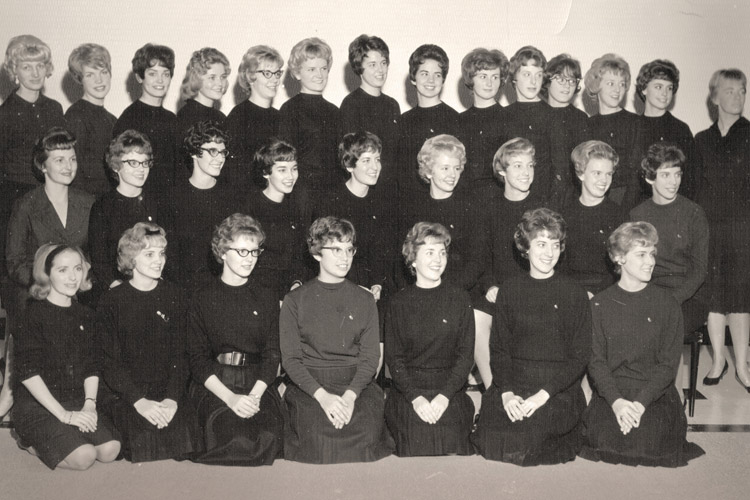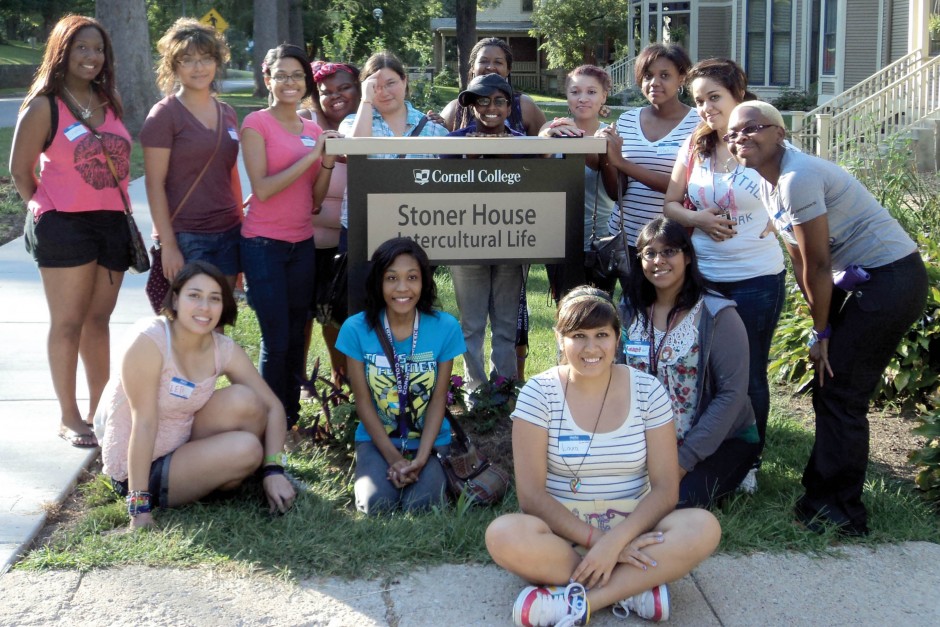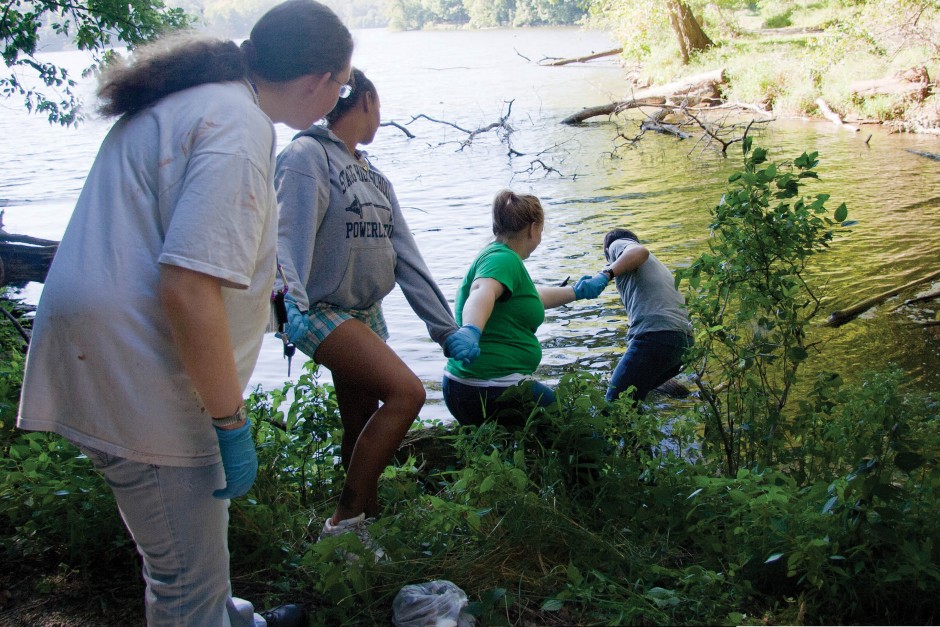Fall 2011 Letters
Around the world in 4 years, One Course At A Time-style
The article “Around the World in 18 Days” in the summer 2011 Cornell Report really made me smile. I, too, took full advantage of the Block Plan by participating in four off-campus trips while on the Hilltop: studying Spanish in Mexico with professors Carol Lacy-Salazar and Sally Farrington-Clute in March 1986; studying French in Montreal, Canada, in April 1986 (yes, I actually did back-to-back trips and the language transition wasn’t as difficult on my system as the weather difference was!); spending first block of my senior year in 1987 with Steve DeVries in the Boundary Waters; and traveling to China, Taiwan, and Hong Kong for my final class at Cornell with Congressman Dave Loebsack in April 1988. What a blast!
What a tremendous advantage we Cornellians have with the One Course At A Time program. At a typical college, participating in experiences like this might cause a student to take at least five years to graduate. At Cornell, students don’t miss a beat and get out in four. Thanks for this feature story that brought back many delightful, educational, and personal life-changing memories. As an avid outdoorsman in my free time and as an international development fundraiser for a living, these experiences have proven to be invaluable both personally and professionally. Thanks, Cornell!
Tom Hanschman ’88
Chicago
Licensed teachers deserve credit
I wish to comment on the story highlighting three recent grads who participated in the Teach for America (TFA) program. While I applaud the desire of these alumni to do something for kids faced with inequitable schooling options, there is growing evidence that putting unlicensed and inexperienced TFA recruits (and young people from similar service-teaching programs) in those classrooms does not benefit those kids as much as a licensed teacher does. I am disappointed the Cornell Report is effectively supporting the mission of TFA by publishing an article like this.
TFA has flourished in an era of attacks on professional teachers, and is one mechanism by which teaching is being de-professionalized. One of the alumni in the article is quoted as saying a TFA recruiter claimed there is a “… desperate need for teachers in some school districts …” At the moment that is simply not true. TFA recruits are replacing licensed, experienced teachers. For example, in April 2011 the Kansas City (Mo.) public school district fired more than half of its untenured teachers, over 100 licensed, experienced teachers, for no stated cause. Those teachers were replaced by TFA recruits in the fall of 2011.
Cornell College has a strong teacher licensure program that graduates young people committed to teaching and willing to spend their college years preparing for it. Like the alumni in the article they are intent on creating equitable schooling experiences for all students, but they are also willing to teach for more than the two years TFA recruits commit to. So how about an article that highlights the important work of our licensed teaching alumni rather than one that glorifies TFA?
Paul Hutchison ’87
Grinnell, Iowa
Growth questioned
I was deeply concerned by the recent Cornell Report article detailing the college’s plan to increase enrollment. While I can sympathize with some arguments for enrollment growth, I am not persuaded by the recruiting argument. While it may be true that only 8 percent of college-bound high schoolers are interested in colleges with fewer than 2,000 students, it does not follow that our enrollment should be increased. Cornell College is not suffering from a shortage of applicants because of an unattractively small enrollment. In fact, Cornell is receiving record numbers of applicants with an ever increasing quality of incoming students.
My bigger concern, however, is with the identity of the college as a liberal arts college. When I read about the enrollment increase my first thought was that Cornell would start moving away from its liberal arts identity and toward vocational education. I was disappointed to discover that the college has already travelled down that path. Cornell College now offers pre-professional programs ranging from engineering to dentistry. As a philosophy professor at a large state university, I understand the pressure to introduce vocational programs. But over time they can be fatal to the identity and culture of a college because the curriculum shapes student attitudes. If you have students who come for a pre-professional program, over time the core liberal arts curriculum begins to look like boxes on a check list, “requirements” that have to be fulfilled instead of the heart of an education. What is central to the idea of a liberal education is that it is valuable in itself and so is for something other than getting a job. Pre-professional programs undermine that attitude, even when designed with a sincere effort to synthesize vocational and liberal learning. While people need to get jobs, the beneficial effects of an excellent liberal education—the ability to think and communicate well—have already allowed generations of Cornellians to thrive in every imaginable industry.
These two changes—enrollment growth and pre-professional programs—are identity shifting changes. I know that there are many good people at Cornell College, the same people who provided my wife and I with an excellent liberal education. I hope that they exercise all due prudence and caution with these dramatic identity-changing institutional decisions. I am, for now, discouraged by the news.
Harrison Kleiner ’96
Logan, Utah




